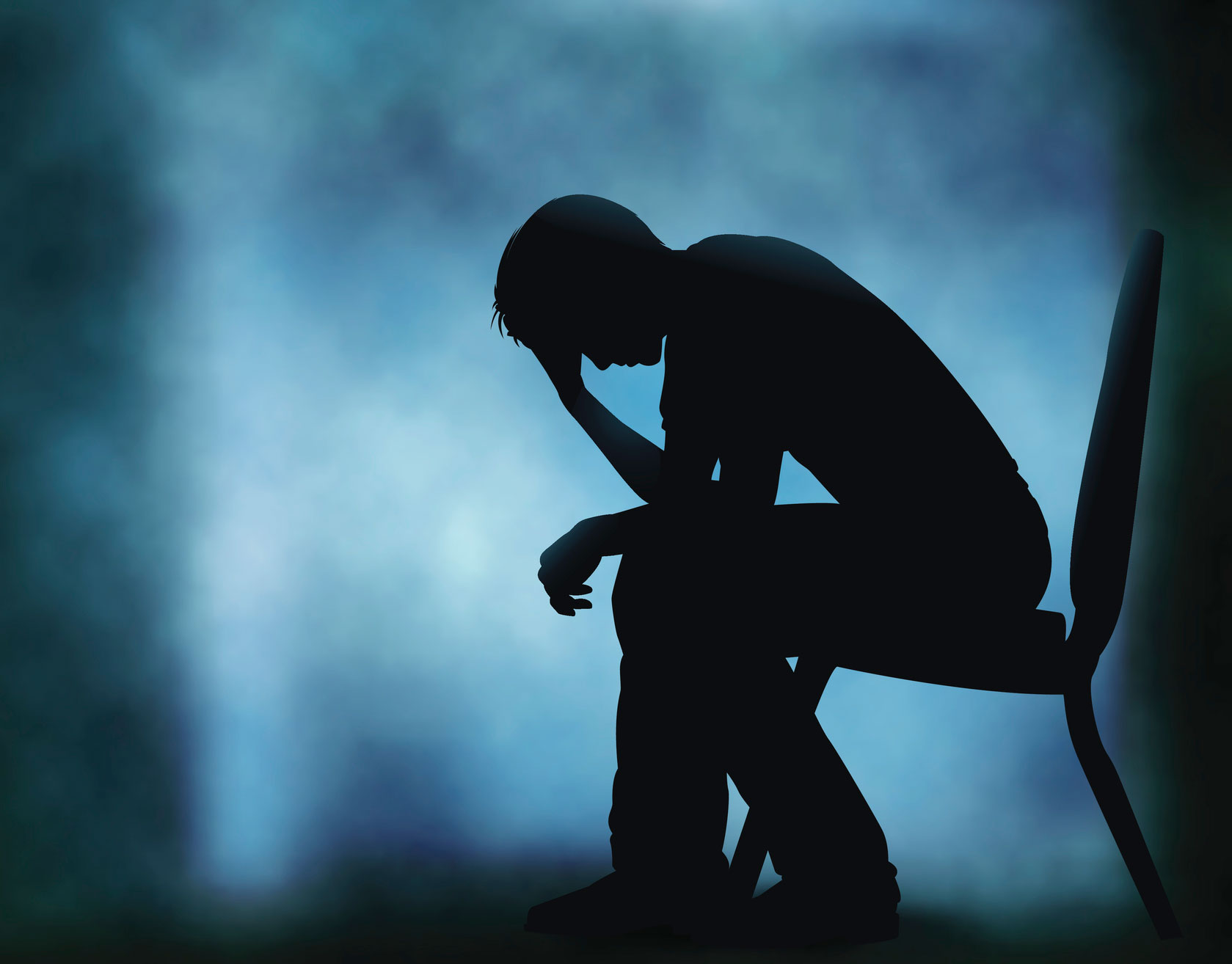<< Back
IOL Research: Cognitive Behavioral Therapy Effective Against Hoarding Disorder

June 10, 2020
People with hoarding disorder don’t necessarily have to suffer alone, as research published by an Institute of Living (IOL) psychologist shows significant effect with group cognitive behavioral therapy (CBT).
Dr. David Tolin, director of the Anxiety Disorders Center at the IOL, part of the Hartford HealthCare Behavioral Health Network (BHN), published the findings in the Journal of Consulting and Clinical Psychology. He followed close to 90 adults with hoarding disorder as they participated in 16 weekly, 90-minute group CBT sessions at the IOL, comparing their progress against others who did not have group treatment for the disorder.
“Our data suggests there is a significant benefit to receiving CBT,” Dr. Tolin said. “There’s a substantial reduction in hoarding behaviors. It is not a cure for hoarding. People still have the disorder at the conclusion, but they’re safer and healthier. There’s more work to do. We haven’t made the problem go away.”
As part of the group, he said participants receive:
- Education about hoarding disorder.
- Help sorting and discarding items they bring in that are cluttering their homes.
- Guidance “shopping” in a mock store and not buying items.
- Practice sitting with what Dr. Tolin called “uncomfortable emotions.”
Homework for the participants included such exercises as tracking the flow of items in and out of their home and taking photos of their living spaces at the beginning and end of treatment.
“We found that CBT helped 83 percent of this group improve,” Dr. Tolin noted. “The group format also helped reduce the stigma and isolation that plagues many people with hoarding disorder. They are able to talk about their feelings and urges with others who understand.”
He and his research team also used the IOL’s functional magnetic resonance imaging (fMRI) technology to study the brains of participants for a separate research paper. The intent, he said, is to see if brain activity changes through the course of treatment.
“We used fMRI so we could understand regions of abnormal brain activity associated with hoarding. It will help us understand who will respond to CBT,” Dr. Tolin said. “When people respond well, their brain is changing. This suggests that a form of behavioral therapy can change how the brain is working, and that’s really exciting.”
For more information and help with hoarding disorder, click here.
If you’re struggling with mental health issues, the BHN has a 24/7 hotline with clinicians who can help. Call 833.621.0600.
The Hartford HealthCare Behavioral Health Network is now scheduling virtual-health visits for mental health and addiction services. Call your provider for details. New patients can schedule a virtual visit by calling 1.888.984.2408.
For more information on the programs and services available through the Behavioral Health Network, click here.
Need to see your doctor? New Patient? For more information about Hartford HealthCare virtual health visits, click here.
Click here to schedule a virtual visit with a Hartford HealthCare-GoHealth Urgent care doctor.
Stay with Hartford HealthCare for everything you need to know about the coronavirus threat. Click here for information updated daily.
Questions? Call our 24-hour hotline (860.972.8100 or, toll-free, 833.621.0600).
Get text alerts by texting 31996 with COVID19 in the message field.